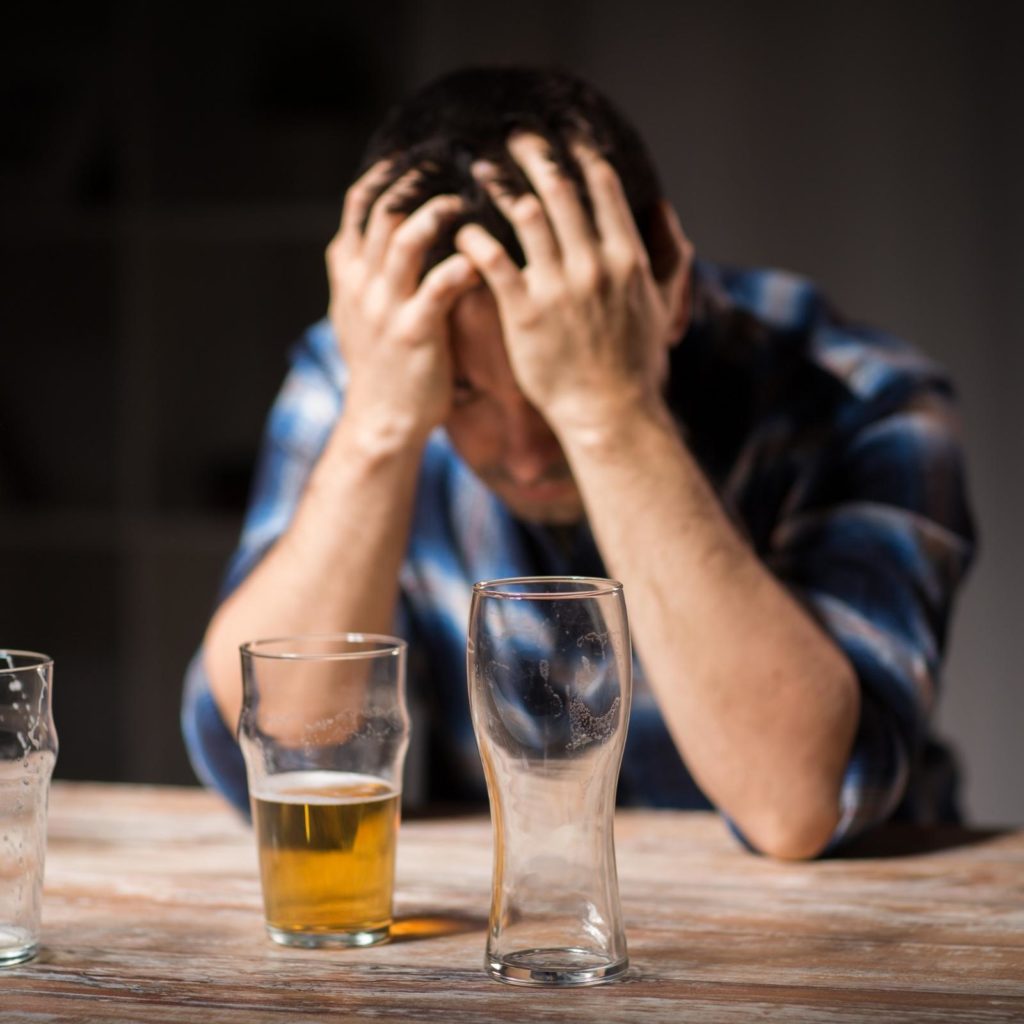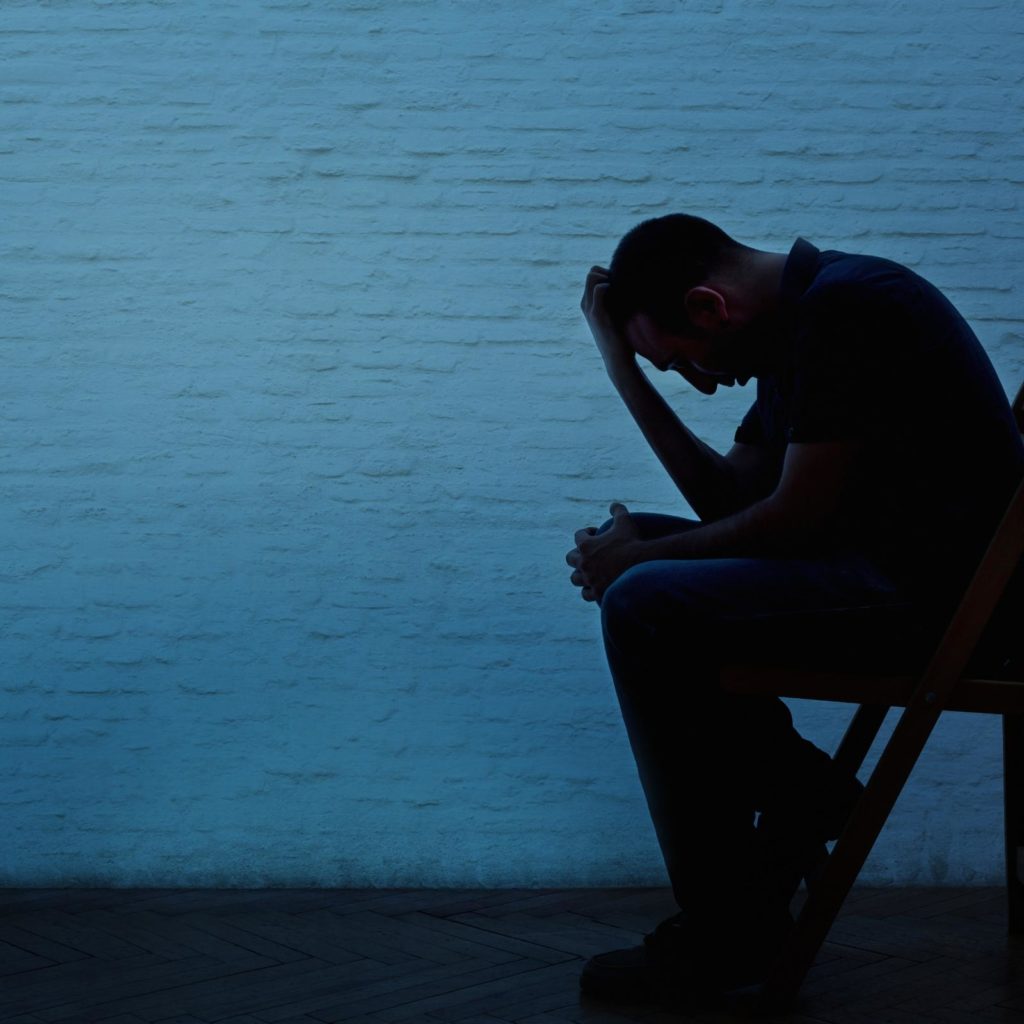What is BPD?
Borderline personality disorder (BPD) creates unrealistic but very real feelings of being unstable or alone. Some people with this condition suffer significantly if they are left alone. They may be impulsive and display actions that push other people away from them. Yet, most people with BPD fear abandonment and need to feel they belong.
This very misunderstood mental health disorder can have serious consequences, especially when left untreated. It was first called BPD in the 1930s. At that time, professionals believed people with these symptoms were in a state of mental illness between neurosis and psychosis but that they did not have the same level of mental health break that a condition like schizophrenia offers.
Over time, we’ve learned that BPD is a type of mental health disorder. A good way to understand what makes it different is to consider it a type of disorder related to emotional regulation rather than a disorder of thought processes. Most often, people with BPD develop the condition in early adulthood, though it can occur at any age. People with it can see improvement if they seek help and learn more about what their emotions and thought patterns mean.

BPD and Alcohol Use
Alcohol has become an all too common form of self-medication for many people dealing with mental illness. This is frequently the case in individuals suffering from disorders who are looking to dull their senses and temporarily escape from their reality. People with BPD are no different in this regard; however, addiction can develop more quickly and become more severe.
A trait that people diagnosed with BPD tend to share is an addictive personality, not just for a single substance, but anything that can provide some kind of stimulus. While the full reasons behind this are not understood, the severity of the issue is clear. Individuals with BPD can develop an addiction to anything from alcohol, to narcotics, to spending or giving away money they don’t have. In any case, the addiction is always detrimental to the health of the afflicted.
Some of the specific traits of BPD are an intense fear of abandonment, paranoid and highly suspicious natures, “flipping” a conversation and deflecting making a partner or spouse feel as though they actually are the one with a problem, and an inability to actually offer a sincere apology without projecting fault (i.e. “I’m sorry you got so mad!”), and setting up situations where conversations can be almost impossible to carry on due to the way a person with BPD will set themselves up to be rejected, thus proving their greatest fears.
When alcohol is introduced into these situations, it is highly likely to be used in excess because the person with the disorder is so unable to regulate themselves they “overuse” and will often have no memory of the confrontations.

Get Your Life Back
Find Hope & Recovery. Get Safe Comfortable Detox, Addiction Rehab & Dual Diagnosis High-Quality Care.
Hotline(844) 597-1011BPD and Alcohol Blackouts
Alcohol use disorders are diagnosed when a person’s consumption or use of alcohol results in other problems in their work, school, relationships, or health. Some people suffering from alcohol use disorders or alcoholism will drink to the point that they have a blank spot in their memory; this is known as a blackout. Blackouts are much more common among social drinkers—including college drinkers—than was previously assumed, and have been found to encompass events ranging from conversations to intercourse.
Blacking out doesn’t always constitute an alcohol use disorder. In certain social circles, binge drinking and blacking out can be the point of partying. Some people might joke about a precarious drinking episode that they or a friend had. This isn’t always the case in the mind of a person suffering from an alcohol use disorder (AUD) or alcoholism. To a person suffering from an AUD, a blackout can bring feelings of shame, remorse, discontent, irritability, concern, and fear—which are also symptoms of borderline personality disorder.
Get Help. Get Better. Get Your Life Back.
Searching for Accredited Drug and Alcohol Rehab Centers Near You?
Even if you have failed previously and relapsed, or are in the middle of a difficult crisis, we stand ready to support you. Our trusted behavioral health specialists will not give up on you. When you feel ready or just want someone to speak to about therapy alternatives to change your life call us. Even if we cannot assist you, we will lead you to wherever you can get support. There is no obligation. Call our hotline today.
(844) 597-1011Alcohol Blackout Symptoms
For a long period of time, alcohol was thought of as a general depressor for the central nervous system. But now the consensus is those specific regions of the brain are selectively vulnerable to the acute effects of alcohol. A common Alcohol Blackout behavior is (a clear example of this) when the person is temporarily unable to form new long-term memories while relatively maintaining other skills such as talking or even driving.
A person cannot remember something that the brain did not record. Alcohol blackout interferes with receptors in the brain that carry signals between neurons or brain cells. Alcohol blackout affects some brain cells differently than others—it can inhibit some and later activate others—causing them to manufacture steroids that prevent memory formation.
The steroids produced by the alcohol-affected brain cells can reduce the strength of the brain’s connections between brain cells which is critical for learning and memory. The steroids interfere with synaptic plasticity or the brain’s communication system of passing signals between cells. This communication system is a necessary component of memory formation. Keep in mind that drugs can cause blackouts, too.

As stated by the scientific research, ‘Alcohol-Induced Blackout’, H. Lee, S. Roh, D. Kim, published by International Journal of Environmental Research and Public Health, “a recent study showed that alcohol can cause retrograde memory impairment, that is, blackouts due to retrieval impairments as well as those due to deficits in encoding. Alcoholic blackouts may be complete (en bloc) or partial (fragmentary) depending on the severity of memory impairment. In fragmentary blackouts, cueing often aids recall”.
“Memory impairment during acute intoxication involves dysfunction of episodic memory, a type of memory encoded with spatial and social context. Recent studies have shown that there are multiple memory systems supported by discrete brain regions, and the acute effects of alcohol on learning and memory may result from alteration of the hippocampus and related structures on a cellular level, they added”.
First-class Facilities & Amenities
World-class High-Quality Addiction & Mental Health Rehabilitation Treatment
Rehab Centers TourRenowned Addiction Centers. Serene Private Facilities. Inpatient rehab programs vary.
Addiction Helpline(844) 597-1011Proven recovery success experience, backed by a Team w/ History of:
15+
Years of Unified Experience
100s
5-Star Reviews Across Our Centers
10K
Recovery Success Stories Across Our Network
- Low Patient to Therapist Ratio
- Onsite Medical Detox Center
- Comprehensive Dual-Diagnosis Treatment
- Complimentary Family & Alumni Programs
- Coaching, Recovery & Personal Development Events
Alcohol Blackout Consequences
Alcohol blackout is a stage of alcohol intoxication that can be very dangerous and lead to life-threatening situations. We’re used to normalizing this level of intoxication, but if you are with a person who’s experiencing this, the experts recommend calling emergencies right away. At worst, it is possible to pass out while experiencing an alcohol blackout. This is likely due to a large quantity of alcohol in the body, and it could lead to choking on vomit, suffering a head injury from falling, or experiencing alcohol poisoning.
The individual may also suffer seizures due to the amount of alcohol in their body. A person who is exhibiting unusual, risky behavior or who passes out while drinking needs medical attention to prevent alcohol poisoning problems. Call 911 immediately.
World-class, Accredited, 5-Star Reviewed, Effective Addiction & Mental Health Programs. Complete Behavioral Health Inpatient Rehab, Detox plus Co-occuring Disorders Therapy.
CALL(844) 597-1011End the Addiction Pain. End the Emotional Rollercoaster. Get Your Life Back. Start Drug, Alcohol & Dual Diagnosis Mental Health Treatment Now. Get Free No-obligation Guidance by Substance Abuse Specialists Who Understand Addiction & Mental Health Recovery & Know How to Help.
BPD and Co-Occurring Disorders
Not everyone is equally prone to Alcohol Blackout. Recent studies have shown that some brains are more likely to suffer blackouts produced by heavy alcohol consumption than others. In particular, it affects some neural pathways that move memories from short-term to long-term storage.
As a result, people who binge drink may struggle with memory loss regarding the previous evening. It can be a sign of potential Alcohol Use Disorder, but not everyone that has this disorder suffers from Alcohol Blackouts, only about 40 percent of the population is prone to blackouts when drinking heavily.
Heavy alcohol consumption, especially when it occurs routinely, has been associated with brain damage as well as damage to several other organ systems in the body. However, there is little correlation Alcohol-Related Blackouts and brain damage. While a person who blacks out from drinking too much regularly will likely begin to experience brain damage, this is because they drink too much too often. Alcohol Blackouts are the only symptoms that occur when they drink too much.

Experiencing a blackout after drinking does not mean that a person has a substance abuse problem, but it does mean that they drank more than their body could process over the course of a day or evening. People who often complain about memory loss or blacking out after drinking are more likely to have alcohol use disorder, indicated by the fact that they consume alcohol on a regular basis, not that they experience blackouts.
However, people who have alcohol blackouts frequently from drinking too much are also likely to have a higher tolerance to alcohol, so their BAC will often be higher than 0.15 when they experience a blackout. For people with a higher tolerance to alcohol, a BAC of 0.2 or greater leads to a blackout. This is extremely dangerous since life-threatening alcohol poisoning begins at a BAC of 0.3
Co-Occurring Disorder Treatment
In Recent Years, Researchers have Found that Integrated therapy is the best method for treating people with co-occurring disorders. Research gathered by the Substance Abuse and Mental Health Services Administration indicates that combining psychiatric and addiction treatment techniques can decrease relapses and reduce suicide attempts in rehab graduates, as well as promote long-term abstinence.
Several Factors Make it Crucial to Treat Co-Occurring Mental Health Disorders and Addictive Disorders Together:
- An Integrated Recovery Plan aims to reduce the negative side effects of mental health disorders, including problems paying attention, feeling depressed, and disinclination to socialize with others.
- You are more likely to be able to treat your substance abuse disorder and mental health dysfunction at the same time when pharmacological therapy addresses both disorders.
- Traditional concerns about psychotherapeutic medication use in co-occurring disorders are no longer a problem.
- Co-occurring disorders patients who undergo group therapy help them strengthen their support network. This training is also useful for combating problems such as substance misuse.
- Treating both addiction and mental disorders simultaneously reduces one’s chances of relapse, such as depression, mood swings, or panic strikes.
Treatment Approaches
There has been a steady growth in the treatment of co-occurring disorders since the 1990s, and rates are expected to continue to rise as we move into the next decade. One of the pioneers of co-occurring disorders, Dr. Kenneth Minkoff, has written an article in Psychiatric Services containing standards of best practices, including the following:
- Rather than excluding co-occurring individuals because of their mental illness, welcoming them into treatment
- Providing equal attention and care during the rehabilitation process to the addictive and co-occurring psychiatric disorders.
- Both psychiatric and substance addiction disorders may seem to be temporary conditions, but they require long-term assistance
- A treatment team with expertise in treating co-occurring disorders must be working to ensure that treatment is delivered.
- Provide treatment to clients who are suffering from psychiatric disorders early on, which will allow them to be treated more quickly.
- Whether the client is experiencing a mental health crisis or is acutely intoxicated, all clients should be treated with dignity and respect.
A co-occurring treatment program should address the needs of the mentally ill, including treatment for substance abuse along with addiction treatment. Therapy sessions and group therapy meetings should address the needs of those who are mentally ill.
Experience Transformative Recovery at We Level Up Treatment Centers.
See our authentic success stories. Get inspired. Get the help you deserve.
Start a New Life
Begin with a free call to an addiction & behavioral health treatment advisor. Learn more about our dual-diagnosis programs. The We Level Up Treatment Center Network delivers recovery programs that vary by each treatment facility. Call to learn more.
- Personalized Care
- Caring Accountable Staff
- World-class Amenities
- Licensed & Accredited
- Renowned w/ 100s 5-Star Reviews
We’ll Call You


